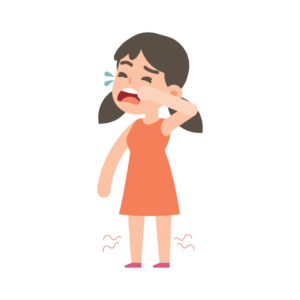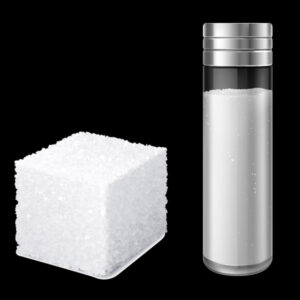
Hearing Screening In the Newborn
nathaniclinic1
January 26, 2018
In all developed countries, hearing screening in the newborn is mandatory.
When should this screening test be performed?
As soon as possible after birth – preferably before one month of age.
So why should we screen the hearing of all newborns?
- Infants learn to speak by hearing sounds and this process starts as soon as they are born.
- About 1-3 babies out of 1000 are born with permanent hearing loss.
- If these babies are picked up early, corrective measures can be initiated early and at the appropriate time, so that the child does not have learning difficulties later.
- Screening requires a simple, painless and relatively inexpensive test called the OAE (OtoAcousticEmission)
What does the OAE test involve?
For this test, a miniature earphone and microphone are placed in the ear, the machine emits a sound and the infant’s response is measured. If a baby hears normally, an echo is reflected back into the ear canal and is measured by the microphone. When a baby has a hearing loss, no echo can be measured on the OAE test.
The test is done in a matter of minutes with no discomfort to the infant.
Is this test foolproof?
No, it is a screening test and gives only two results, pass or fail. If an infant fails the test, either it can be repeated after a gap of a week or the results can be confirmed by a test called BERA(Brainstem Evoked Response Audiometry). This is a more complicated test that requires much longer time, and skilled personnel and specialized equipment and can conclusively identify whether an infant has hearing loss and the severity of the hearing loss.
Why do infants fail the test?
About 2-10% of all babies fail the first test but less than 1% have actual profound hearing loss. The reasons for a false negative test are:
- There is wax/other material in the ear canal (We do check for that, but there maybe some out of sight).
- There is fluid in the middle ear (not common).
- The baby is moving too much or crying a lot during the test.
These babies should take a follow up test any time after a week and preferably before three months of age.
Can the newborn pass the test and still have hearing defect?
Yes, it is possible for the following reasons:
- The baby is born with normal hearing but develops a problem later due to:
- Genetically predisposed to conditions that involve hearing defects.
- Develops illnesses that cause hearing loss.
- Receives drugs whose side-effects could involve hearing loss.
- Has a very mild hearing defect at birth or is not able to hear sounds at certain pitches that is not picked up with this test.
When should this test be carried out?
As soon after birth as possible but in any case, definitely before the end of the first month.
Our Consulting Specialities
Recent Posts


Subscribe Our Newsletter
The premier children’s clinic and general vaccination center in Chembur, Mumbai
Make an Appointment
- 8 AM - 8 PM , Monday - Saturday
Call Us Today
9987084813
Online Doctor Consultation Nathani Clinic
Copyright © 2024. All rights reserved.


